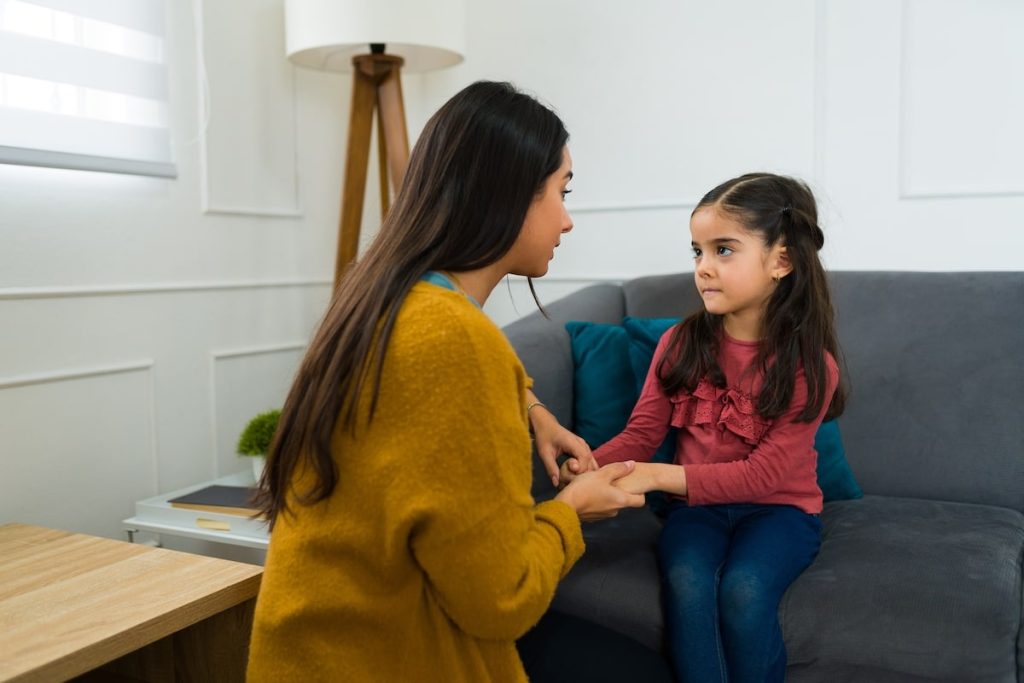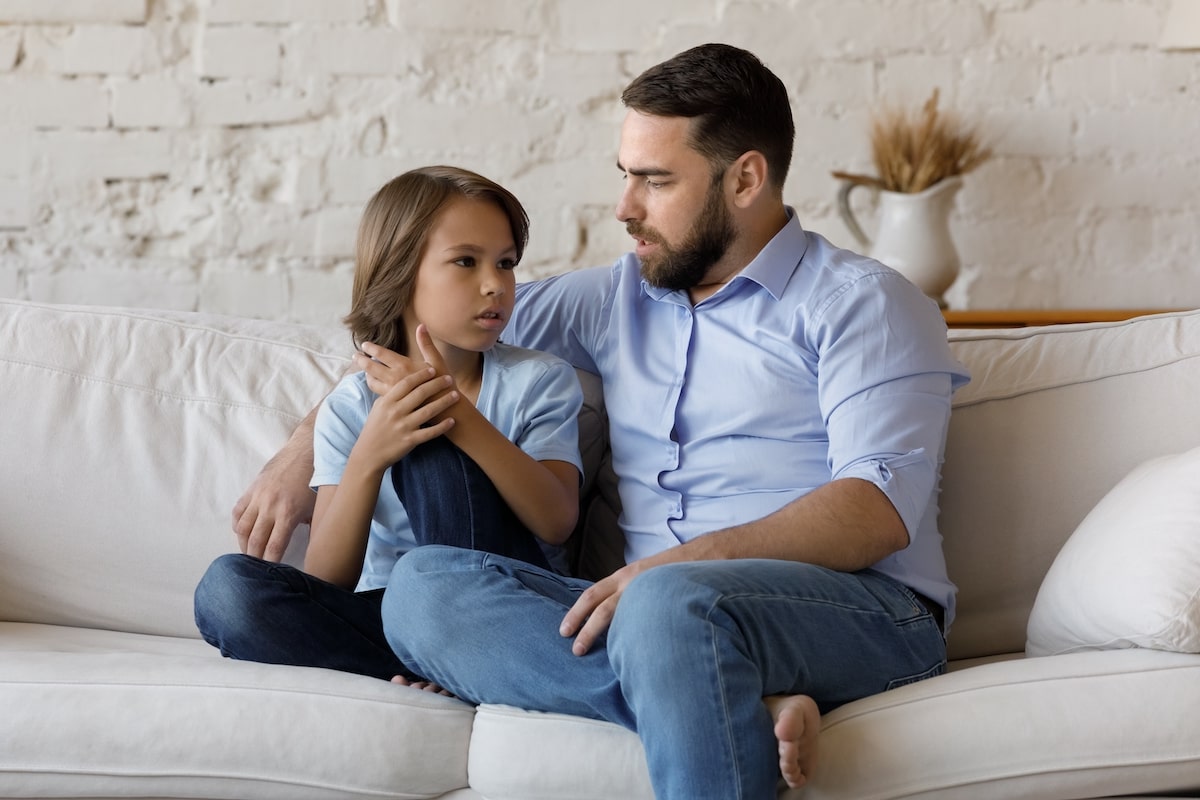Talking to children about dementia can be a delicate and challenging task. It’s important to approach this conversation with honesty and empathy to help them understand and cope with the changes affecting someone they love.
If a grandparent or relative is diagnosed with dementia, children will have questions and concerns, and it is crucial to equip yourself with the knowledge and understanding to answer their questions. This is why our team at HearthStone Ciel Senior Living, with senior living communities in Florida, is providing practical tips on how to talk to children about dementia and how to approach the topic in an empathetic way.
First Things First: Understanding Dementia
Before starting the conversation, it’s essential to have a basic understanding of dementia. Dementia is not a single disease but a term used to describe a range of symptoms affecting memory, thinking, and social abilities. These symptoms can significantly impact daily living. Explaining this to children in a way they can comprehend will help them grasp the nature of the condition and its effects on their relative.
When explaining the diagnosis, keep it simple and age-appropriate. You might say something like, “Grandma has an illness called dementia. It makes her forget things, and sometimes, she might not recognize us. But she still loves us very much.” Reinforce the idea that the person is still the same loved one, just facing some memory challenges. This helps children feel more secure and less frightened by the changes they observe.
Being Honest

Honesty is crucial when talking to children about dementia. Children are perceptive and can sense when something is wrong. By being open and truthful, you lay the foundation for their understanding and acceptance of the situation. Use simple language and avoid sugar-coating the reality. Explain that grandma or grandpa has a condition that affects their memory and ability to do certain things but emphasize that it’s okay to feel confused or sad.
Allowing Emotions
Creating a safe space for children to express their emotions is vital. They might feel sad, scared, or even angry about the changes in their family member. Encourage them to talk about their feelings and reassure them that it’s normal to have such emotions. Offering support and understanding will help them process their feelings in a healthy way. Creative outlets like drawing or storytelling can be beneficial if they have trouble voicing their emotions.
Encouraging Questions
Children are naturally curious and will likely have many questions about dementia. Encourage them to ask anything that comes to mind. Answer their questions honestly and patiently. If you don’t know the answer, it’s okay to say so and suggest finding out together. This approach not only educates them but also fosters a sense of involvement and understanding.
Monitoring Their Well-Being
Keep an eye on how the child is coping with the changes. Look out for signs of anxiety, withdrawal, or changes in behavior. Regularly check in with them to see how they are feeling and if they have any concerns. It’s crucial to address any issues early on to prevent long-term emotional distress. If necessary, seek the support of a child psychologist or counselor who specializes in dealing with family illnesses.
Keeping Connected

Maintaining a connection with the family member living with dementia is essential. Involve children in hobbies that foster bonding and familiarity, such as looking through old photos, sharing stories, or visiting regularly. These not only help children feel connected but also stimulate positive memories and interactions for the person with dementia. Even when physical visits aren’t possible, video calls can be a great way to stay in touch. Children can send short video messages or digital drawings, which can be shared with the family member living with dementia.
—
When discussing dementia with children, it’s essential to approach the topic with honesty, empathy, and continued support. Open communication and understanding play a crucial role in helping them navigate dementia within the family. When it comes to these complex topics, it is not about one lengthy conversation but rather a series of smaller discussions to gradually build your children’s awareness of the situation.
If you need further guidance on how to talk to children about dementia, we invite you to contact our team at HearthStone or schedule a visit to one of our senior living communities in Florida.





